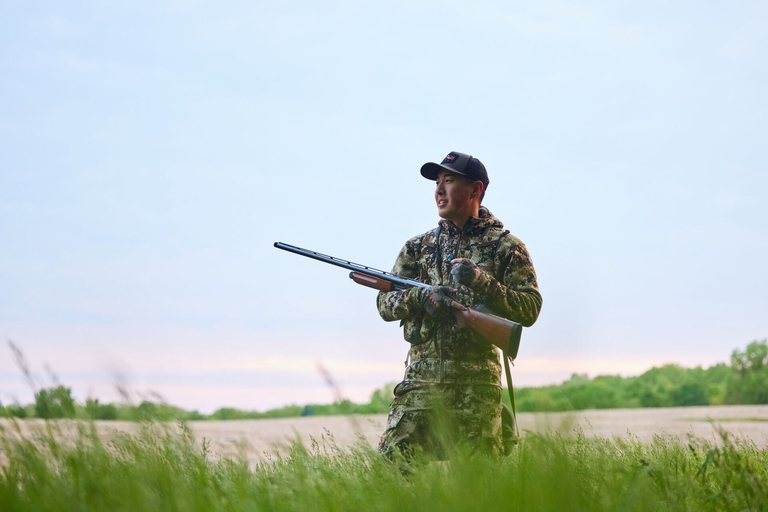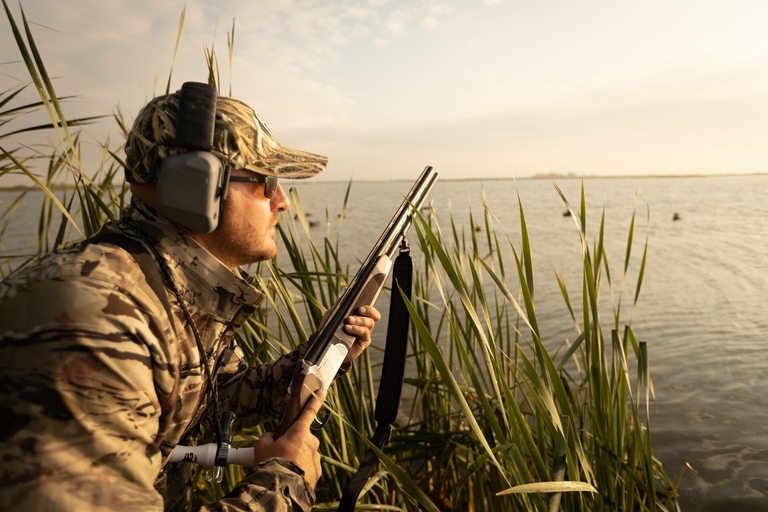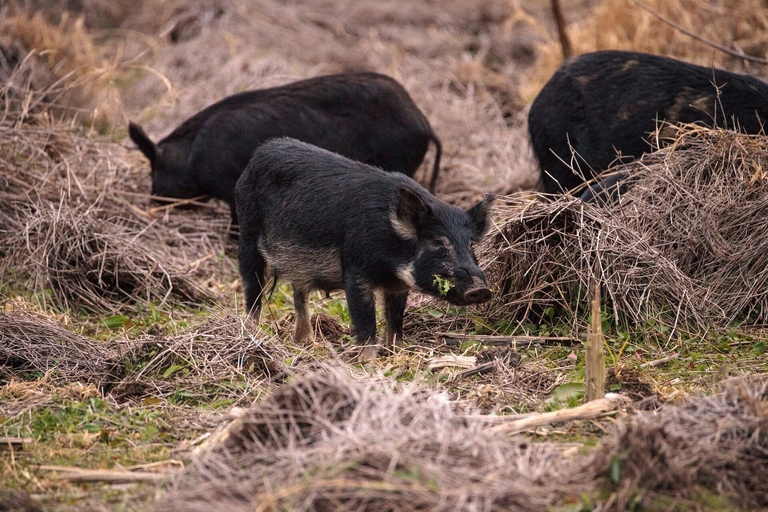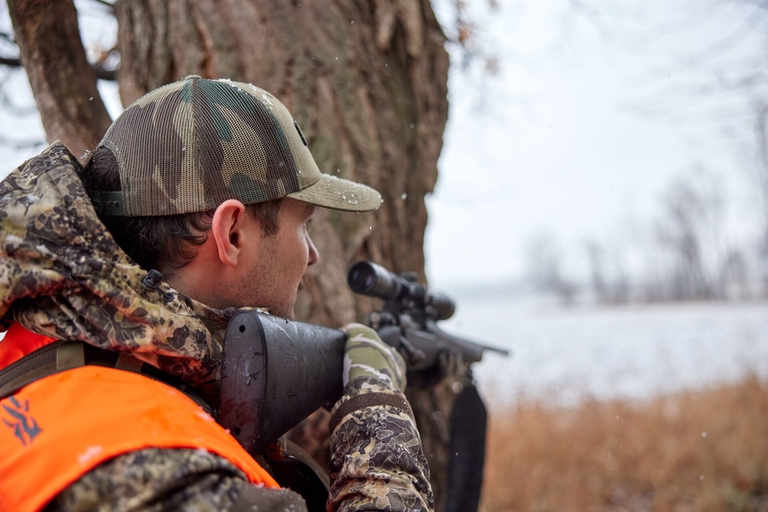5 Myths About Hunters That an Anti-Hunting Person Might Believe
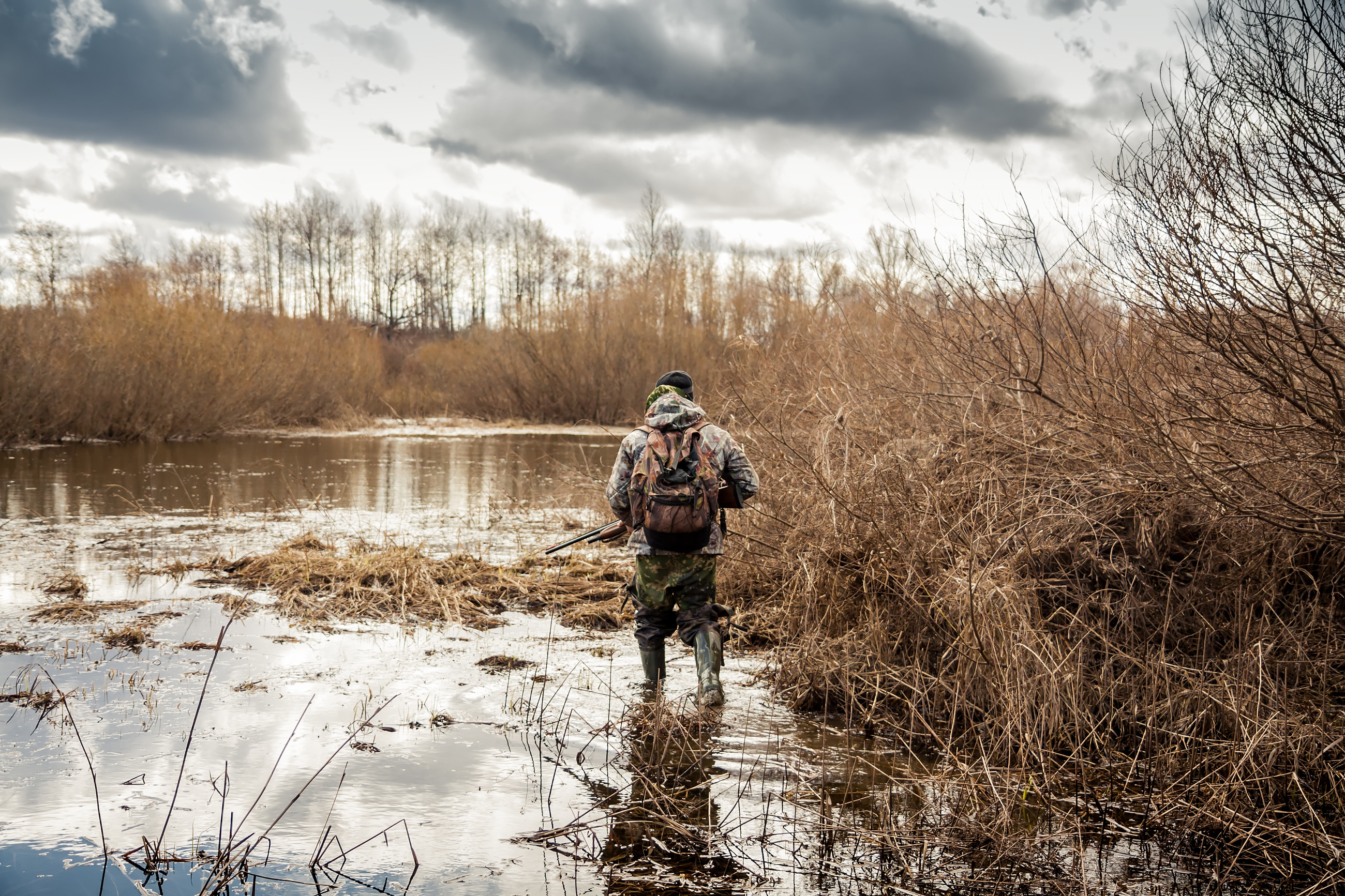
Some topics divide people so strongly that it's hard for people on opposite sides to have a real conversation about them. Those topics tend to be things people feel very passionately about, like religion, politics, college football teams . . . and hunting.
Hunters know one thing about anti-hunters: They don't want us to hunt any animals – ever. However, we love hunting and can't stand the thought of someone taking away our opportunity to do it.
On the other hand, anti-hunters know one thing about hunters: Hunters kill animals, and they don't want that to happen – ever.
Now, why anti-hunters don't want any animals to die, ever, is a complex story. It's pretty safe to say that most of them don't understand the natural world the way devoted hunters do.
Anti-hunters probably haven't seen the violent way predators like coyotes, bobcats, and wolves bring down their prey. In fact, many anti-hunters rely on some timeworn myths when they react negatively to hunters. So, what are they, and how can you respond?
Hunter-Ed believes hunting education is for all, even those who don't believe hunting is a legitimate aspect of the circle of life. So, keep reading to learn about five myths anti-hunting people may believe and why they are "myths."
Myth 1: Hunters Have an Unfair Advantage Over Defenseless Animals
Modern rifles do allow hunters to kill animals quickly and humanely at hundreds of yards. However, in the hunting world, most hunters must get much closer.
Additionally, while humans hunt game animals for three or four months of the year, other predators hunt their prey every day. So, prey animals have gotten very good at detecting and avoiding predators. These animals use keen eyesight, hearing, and smell to avoid predators and can detect them at unbelievable distances.
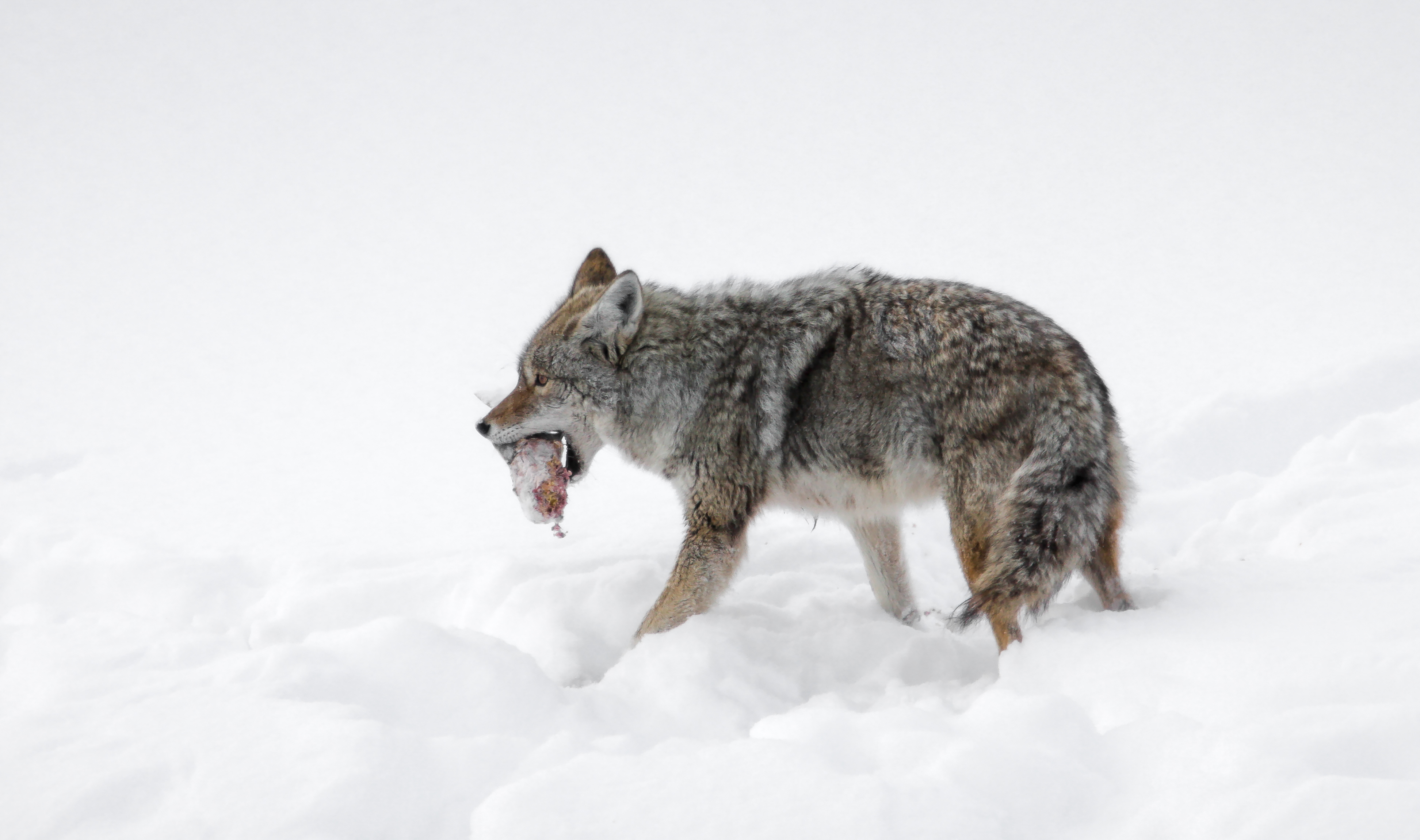
Predators Hunt Year-Round (But Humans Don't)
African wild dogs have the highest success rate in the world for catching their prey, around 80% of the time. Compare that to one of their cousins, the wolf, which is another effective predator. Their success rate is somewhere around 10%. Almost all large ground predators (from bobcats to lions) will have a success rate of 5-30%.
Now, most people would assume – anti-hunters and hunters alike – that humans with modern technology would be much more successful hunters than animals. However, they would all be wrong. A 2020 study in Indiana showed a 20-22% "harvest per effort" rate in state parks for firearm hunters. That rate falls to 8-10% for bowhunters.
Success rates for "human" hunters vary by state and region throughout a white-tail hunting season. According to the National Deer Association's (NDA) Deer Report 2024, about 41% of hunters harvested a deer during the 2022-2023 season.
Notably, those are statistics for an entire hunting season; wild predators would starve if they only took one prey animal over just a few months. Clearly, wild animals can successfully avoid human hunters most of the time.
Myth 2: Hunters Don't Like Animals
If you're unfamiliar with hunters, it does seem strange to think that hunters could love animals, shoot them, and eat them.
Hundreds of years ago, feeling affection for animals was probably a luxury that most people couldn't afford. People were too busy hunting and gathering to think about or attach feelings to animals. They just saw their next source of a meal.
However, as we developed farming and ranching practices that could provide more than enough food for our families and society, free time allowed our minds to wander. People began to hunt animals for more than just food; it was an adventure, a return to our roots and nature, and, for some, a competition for bragging rights.
Somewhere in there, a few people began to think maybe hunting wasn't right.
Most hunters today still have a deep love for the beauty and just plain awesomeness of animals. In Europe, a tradition began of giving harvested animals a "last bite" to show respect and thankfulness to the animal. Native Americans were particularly reverent about hunting, and their practice of thanking and asking forgiveness of the animal in prayer has carried on with many American hunters today.
At the very least, all hunters understand that we cannot hunt without animals, so we devise many laws, ethical guidelines, and conservation rules to preserve them for the rest of our existence.
Myth 3: Hunting is About Violence and a Product of Sick Minds
This is one myth that hunters might have helped create. We have not been careful about the way we portray ourselves.
We have advertising and marketing that talks about "rage," "weapons," and "attacking." We have TV shows that show wild, loud celebrations when an animal is killed.
However, that's not how most hunters approach hunting; it's just misguided marketing. The hunters you probably know seek to limit violence and pain. Their motivation is not the moment of killing, but all the challenges before and rewards after.
Many hunters have a brief moment of remorse when they are successful. Taking the life of an animal is serious. It is necessary and can bring happiness, but it is never flippant and is not adversarial.
Sometimes, we should look at ourselves while standing in a non-hunter's shoes. Are we being respectful of life? Are we using words that should be applied to hunting . . . or to battle? Hunters must present themselves as respectful of animals and nature if they hope to change the minds of anti-hunters.
Hunting is not a battle against animals. It's not a game. It's a means to feed ourselves. It's a natural extension of our predatory instincts and motivations.
Myth 4: Hunters and Poachers Are the Same
This is probably the most misguided myth and the one about which hunters can be really upset.
As hunters, we learn about hunting ethics and pass them along to future generations. We intentionally make hunting success more difficult for ourselves by implementing laws and ethics to protect animals and nature.
However, poachers aren't hunters . . . they're criminals. Because of poachers, anti-hunters want to eliminate legitimate hunting, for example, where elephants are overcrowded. These anti-hunters seem to be blinded by the fact that poachers kill thousands of elephants every year, often when legitimate hunters and safari operators are not allowed to act as police.
Yet, anti-hunters don't seem to equate the amazing conservation successes of true hunters for the past 100+ years with the potential to eliminate poaching.
Like in the misguided marketing mentioned in the previous myth, there are always bad apples among our ranks who spoil the whole bunch of us in anti-hunters' eyes. Even if those hunters aren't poachers, the guys who shoot more than they should, leave their trash in the field, and hunt illegally across fence lines give all hunters a bad name.
Anti-hunters don't know we're more ashamed of them than they are.
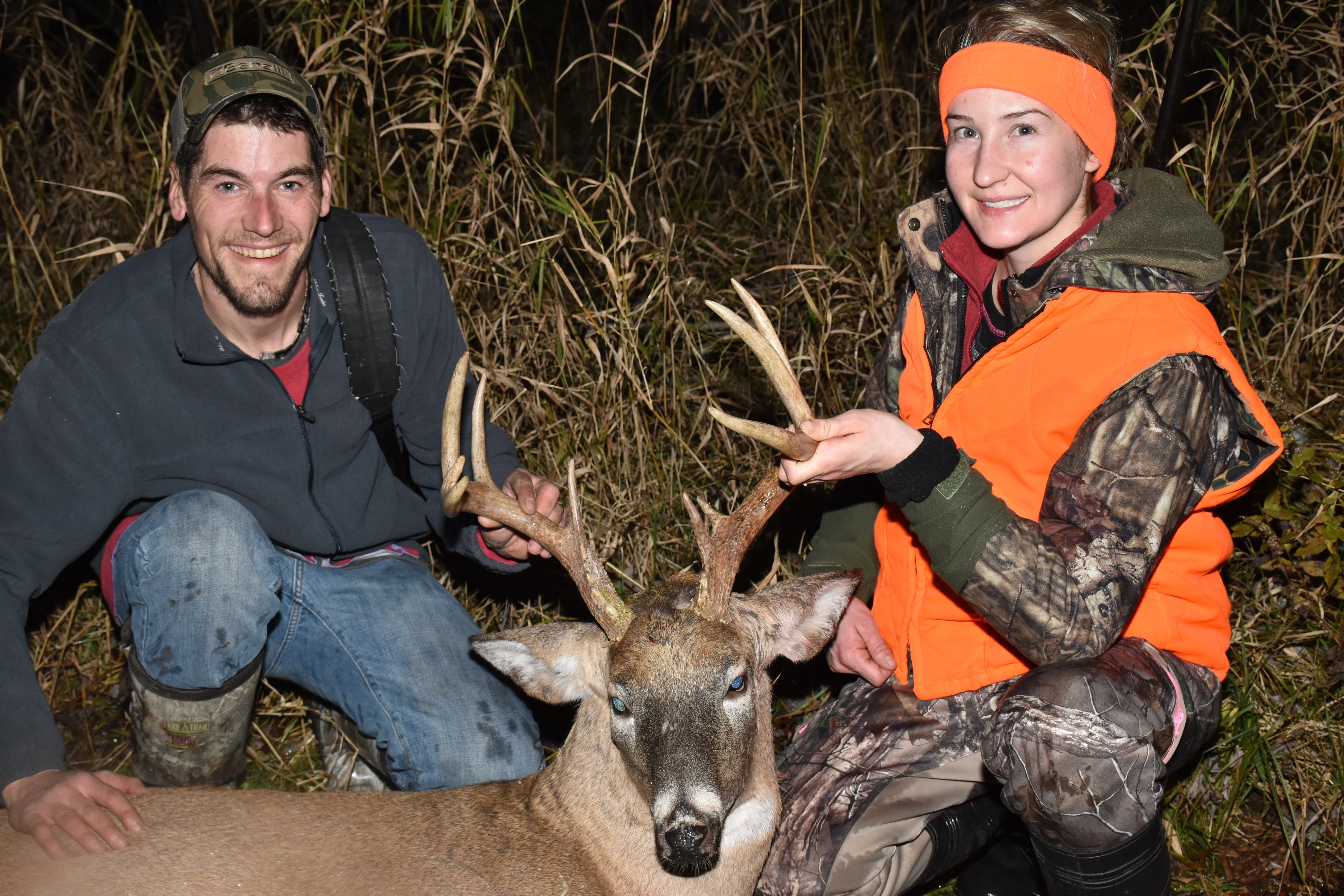
Myth 5: Hunting is About Misguided Masculinity or Conquering
About 22% of U.S. hunters are women and female participation in hunting is growing faster than that of men. Anti-hunters don't know that, evidently (and when they find out, they tend to make sexist attacks on them).
There is absolutely no difference in women's ability to hunt compared to men, and women have historically participated in traditional hunter/gatherer tribes around the world. Bigger, stronger men don't have an advantage in shooting a scoped rifle compared to women, children, or smaller guys. They may pull a stronger compound bow, but strength doesn't help them aim straight.
Hunting can be challenging, and many of us like it that way. However, our joy in overcoming the challenges to be successful is not in "conquering" an animal; rather, it's enjoying our ability to be self-sufficient, to provide food, and to put our minds to work at accomplishing a simple yet challenging task.
Think about why you hunt and why your friends and family do, too. You may never have the chance to convince an anti-hunter that what you do is really OK – but then again, maybe you will. If you get that chance, maybe this blog post will help you!
Knowledge Helps Bust Anti-Hunting Myths
While it could be a stretch to encourage an anti-hunter to take a hunter education course, it could help open their eyes to why and how we hunt ethically. Learning about why we have hunting laws, how hunting licenses, courses, and proper practices benefit conservation efforts, and the image a responsible hunter wants to portray can help anti-hunting people gain greater insights into the reality of hunting and hunters.
If you have an anti-hunting friend, Hunter-Ed can help! If you've taken your state-approved hunter education course through Hunter-Ed, you know we cover the topics mentioned above and much more to help hunters stay safe in the field. With your account, you can access our online study guide, where you can find resources to help you respond to anti-hunters when they bring up any of the five myths we busted today.
Find the course for your state, then make sure you have an account where you can access our online course material, take and pass your safety certification exam, and arm yourself with the knowledge to respond to anti-hunting conversations.
Originally published September 29, 2014. Content updated March 8, 2024.

